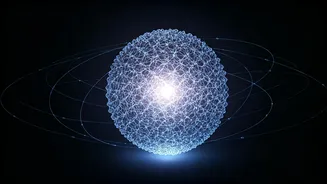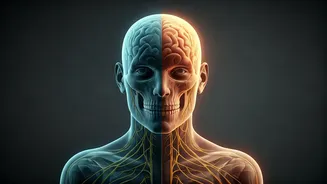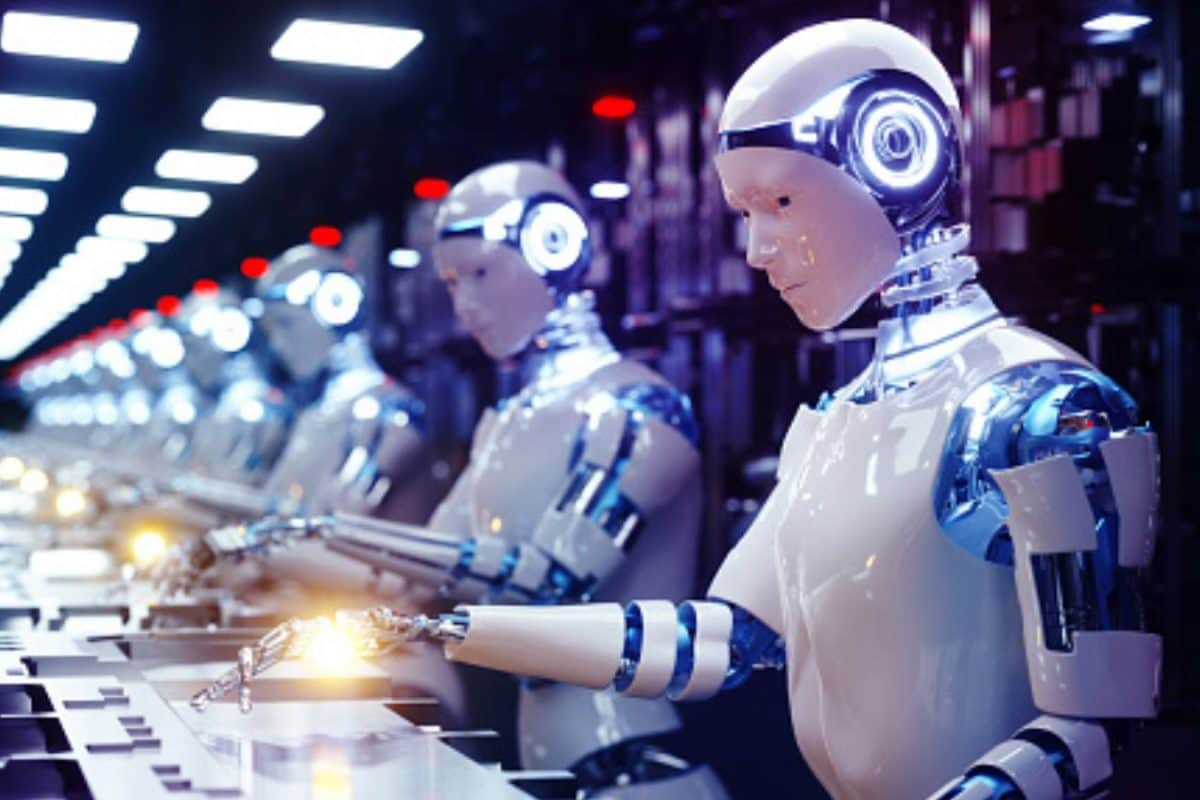Classical vs. Quantum
Traditional computers store information using bits, which can represent either a 0 or a 1. However, quantum computers utilize qubits, the fundamental unit
of quantum information. Unlike bits, qubits leverage the principles of quantum mechanics and can exist in a superposition state, representing a 0, a 1, or both simultaneously. This ability stems from superposition, where a qubit exists in a probabilistic state, allowing it to explore multiple possibilities at once. Another essential concept in quantum computing is entanglement. This occurs when two or more qubits become linked, and the state of one qubit instantaneously influences the state of the others, regardless of the distance separating them. This interconnectedness allows for faster computations and problem-solving compared to classical computers, which can only perform one calculation at a time. The fundamental difference lies in how information is encoded and processed, resulting in vastly different computational capabilities.
Qubits and Superposition
The concept of qubits is central to quantum computing. These are the quantum analogs of classical bits, but with a significant difference: they can exist in a superposition of states. Imagine a coin spinning in the air; it's neither heads nor tails until it lands. Similarly, a qubit is in a superposition of 0 and 1 until measured. This unique property grants quantum computers the ability to perform multiple calculations simultaneously. It is this simultaneous exploration of possibilities that gives quantum computers a dramatic speed advantage over classical computers for certain types of problems. Superposition is not merely the ability to store more information per unit; it fundamentally alters the way computation is performed. When a quantum computation is complete, the superposition collapses, and a single answer is observed. The probability of obtaining each possible answer is determined by the quantum algorithm and the superposition created during the computation.
Entanglement's Significance
Quantum entanglement is a peculiar yet crucial phenomenon that links two or more qubits. When two qubits are entangled, their fates become intertwined. Measuring the state of one instantly reveals the state of the other, no matter the distance separating them. This 'spooky action at a distance,' as Einstein called it, allows for incredibly powerful computations. Entanglement enables quantum computers to solve complex problems that are intractable for classical computers. It allows for creating highly correlated states, which can accelerate calculations and reduce the number of steps required to solve a problem. It's important to know that entanglement doesn't allow for faster-than-light communication, as the outcome of a measurement is still random, and there's no way to control the result to send a signal. However, it is an essential ingredient for the power of quantum computing and unlocks the ability to perform complex calculations.
Quantum Computing's Applications
Quantum computers have the potential to revolutionize numerous fields. One of the most promising areas is drug discovery and materials science. By simulating the behavior of molecules with incredible precision, quantum computers can help researchers design new drugs and materials much more efficiently than is currently possible. Another key application is in financial modeling. Quantum computers could be used to optimize investment portfolios, perform risk analysis, and detect fraud with unprecedented accuracy. Moreover, quantum computers could break many of the encryption methods used today, which necessitates the development of new quantum-resistant cryptography. Further applications include improvements in artificial intelligence, optimization problems, and climate modelling. The broad applicability makes quantum computing a foundational technology.
Challenges Ahead
Despite its vast potential, quantum computing faces significant challenges. One of the primary hurdles is the extreme sensitivity of qubits to their environment. Qubits are prone to decoherence, which means they lose their quantum properties and revert to classical states due to interactions with the environment. Maintaining the coherence of qubits requires extremely low temperatures and isolation from external disturbances. Another challenge is the development of quantum algorithms. These are still in their early stages, and there is a great need for developing efficient algorithms to solve real-world problems. Furthermore, building and scaling quantum computers is an engineering feat. Constructing and operating these machines demands significant investment in hardware and expertise. Overcoming these challenges is crucial for realizing the full potential of quantum computing.
The Future of Quantum
The field of quantum computing is rapidly evolving, with considerable research and development efforts worldwide. Various technological approaches are being pursued, including superconducting qubits, trapped ions, and photonic qubits. While a fully fault-tolerant, general-purpose quantum computer is still some years away, considerable progress is being made. As hardware improves and quantum algorithms become more sophisticated, we can anticipate significant breakthroughs in various fields. Quantum computers are likely to integrate with classical computers in hybrid systems, allowing for the best of both worlds. The long-term impact of quantum computing is hard to overestimate, but it is clear that this technology will play an increasingly vital role in solving some of the world's most complex problems.













